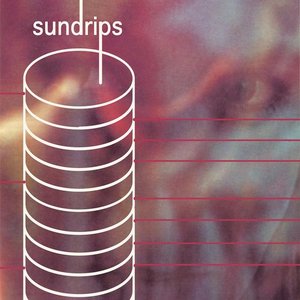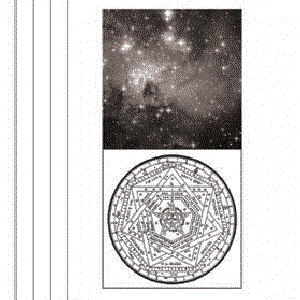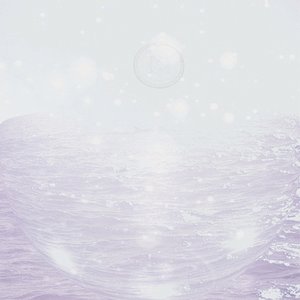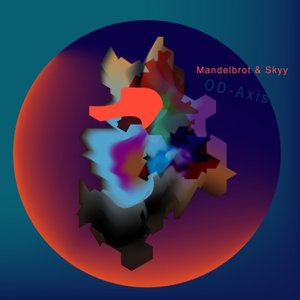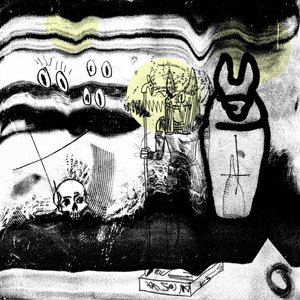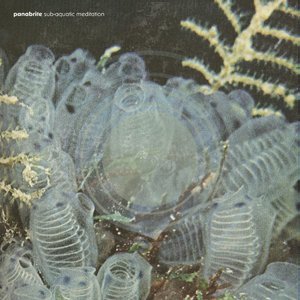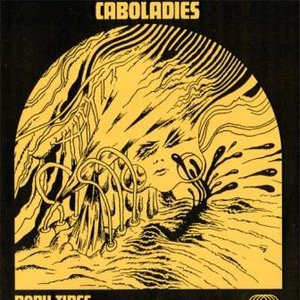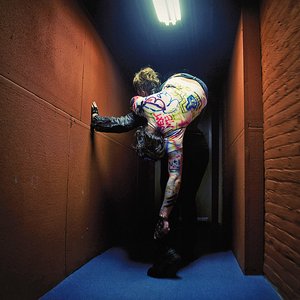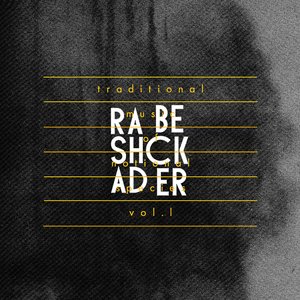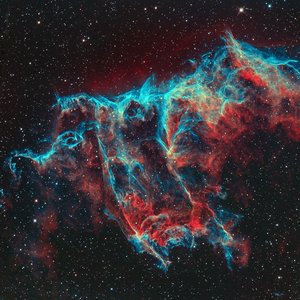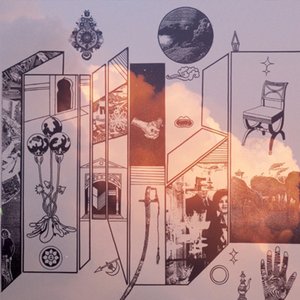Wiki
-
Release Date
27 March 2011
-
Length
10 tracks
It might not have been so long since Jeff Witscher released his debut "proper" album under the Rene Hell moniker, but he’s kept himself busy in the interim all the same. Since "Porcelain Opera", Jeff has put out a whole series of collaborations, 7-inches, tapes and splits but few of these have given even a hint at what to expect from this sophomore full-length. Looking to his love of classical minimalism Jeff took this as the starting point for the record; he is quick to state however that this is not homage but a reinterpretation of those specific forms. The result is a deeply electronic rendition of this classical formula; the digital and analogue synthesizer and drum machine sounds that brought "Porcelain Opera" to life are reframed and transferred into a very different compositional structure.
"The Terminal Symphony" is Jeff’s attempt to write tighter, more composed pieces of music – something of a reaction against the glut of long, often-flabby drone compositions that have become a mainstay in the scene. The pieces here are short, concise, and packed full of ideas that can take multiple listens to unravel, and the album, as a whole is almost obsessively structured and complex. Each side of the record is composed very specifically with a beginning, middle and an end (as opposed to the almost expected prolonged noodling jam) and when we begin with the familiar grunt and grind of "Chamber Forte" it is only mere minutes before the track dissolves into the main theme of the album. The sounds we became familiar with on "Porcelain Opera" are pushed slowly into the background to allow these new symphonic passages to shine through. An appropriate enough comparison might be arch-recluse Aphex Twin, but there is no pandering to dance music culture here. Rather Jeff has used his enviable background in noise, punk and synthesizer music to come up with something totally removed from the current scene, and absolutely singular.
The album comes to a close with the hauntingly melancholy and purposefully referential "Adagio for String Portrait". The dancing synthetic blips that pirouette across Witscher’s mournful electronic waves not only re-enforce the decades long love affair between electronic and classical music, but help to define it in 2011.
Album descriptions on Last.fm are editable by everyone. Feel free to contribute!
All user-contributed text on this page is available under the Creative Commons Attribution-ShareAlike License; additional terms may apply.

